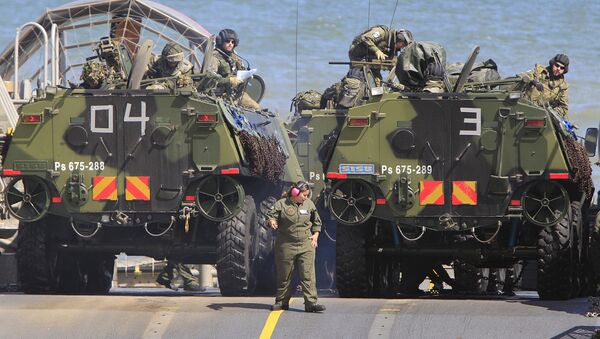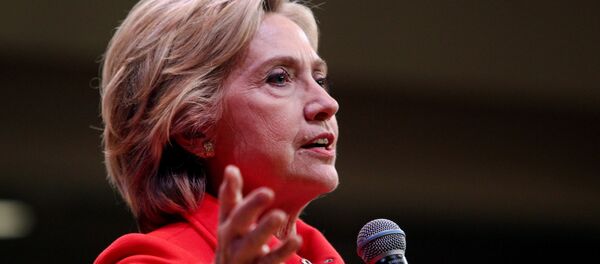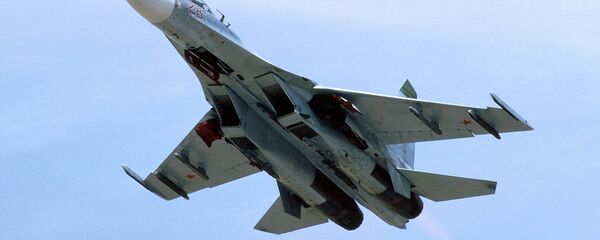Hureaux is apparently confident that it is NATO who acts aggressively, not Russia.
The bloc's "summit in Warsaw held on July 8-9 did not amount to a declaration of war, but it still was a provocation towards Russia. It is doubtful that this was a necessary step. The risks are clear: one cannot hold a summit like this close to the borders of a major nuclear power unchallenged," he noted. "What would the US say if Russia held a similar event in Mexico?"
The analyst also described one of NATO's latest massive military drills, Anakonda 2016, as a "dubious enterprise to say the least." On June 28, Russia's Deputy Foreign Minister Alexey Meshkov referred to the bloc's war-gaming as unjustified.
A day later, Anton Mazur, head of the Russian delegation to the Vienna Negotiations on military security and arms control, referred to the bloc's eastward expansion as "counterproductive and dangerous." He also mentioned that NATO's activities posed "risks and challenged Russia's security interests" even before the recent cold spell in bilateral relations.
Meanwhile, Russian President Vladimir Putin "was in no way belligerent towards Poland or the Baltic region, as opposed to how they act," Hureaux noted. "But let's imagine that these countries are indeed in danger. Isn't it clear that all NATO's activities provide solely illusory protection?"
The analyst maintained that Poland and the Baltic states "have no interest in playing with fire" when they overhype the non-existent threat from Russia, but they do it anyway. In this sense, their blame for "fanning the flames" with regard to Russia is equal to that of the US, he added.



